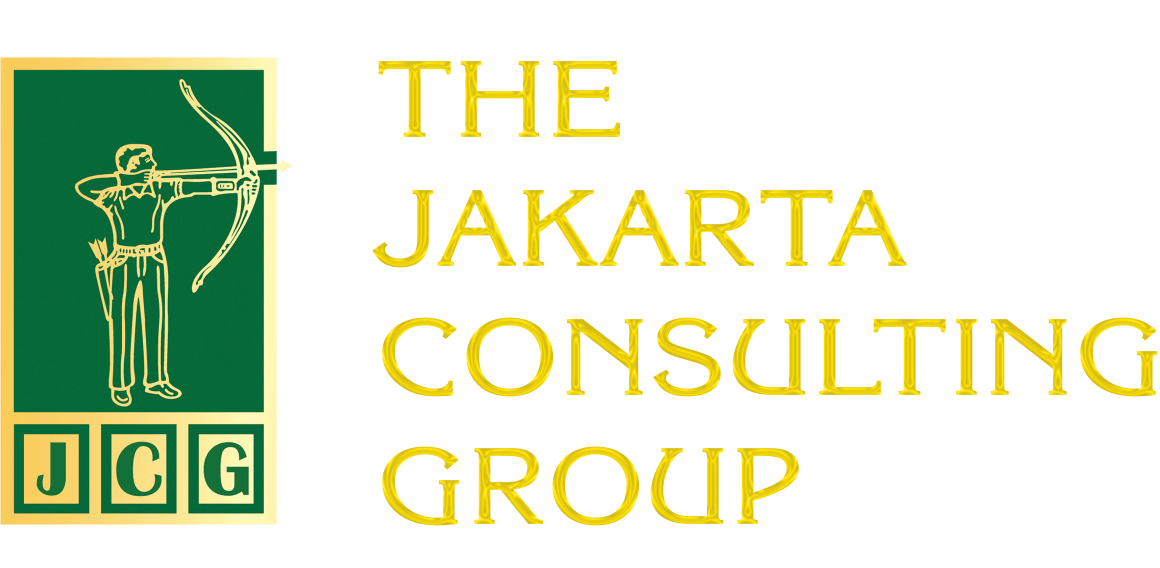Pros and Cons of Experiential Hiring. Organizations are constantly looking for the most effective ways to recruit employees. The goal is clear: get the right people who add value to the organization. Apart from credentials and qualifications, organizations also look for actual, not just historical, knowledge and skills of prospective employees. More innovative ways of recruiting need to be used. One of them is experiential hiring.
Pros and Cons of Experiential Hiring
Experiential hiring focuses on assessing candidates through hands-on experiences that reflect actual job duties. So, organizations don’t just rely on resumes and interviews. Through experiential hiring, candidates are asked to prove their capabilities in more tangible actions. These actions include short-term assignments or projects, job-related simulations or case studies, job trials or internships, as well as problem-solving exercises.
So, through experiential hiring, candidates don’t just talk about their knowledge and skills, but have to prove them in more concrete situations. This method enriches the company’s insight into potential employees, including their fit with the company culture.
What are the advantages of experiential hiring? Most importantly, companies get to know more and more about the abilities of prospective employees. So, not just on the surface. Resumes and interviews often only provide limited information, while practical task tests are able to provide a clearer picture. For example, a prospective employee for the marketing department is asked to create a company promotion program. Or a software developer is asked to do some coding. This gives employers a deeper insight into a candidate’s creativity, technical skills and ability to solve problems.
Next, it gives a clearer picture of the extent to which prospective employees fit into the company culture. This is because during recruitment, candidates must interact with other people, systems, processes, and procedures in the organization. Through this interaction, it can be seen whether the candidate’s values, attitudes, and behaviours are in line with the organization’s culture.
Mistakes in recruitment can result in significant losses. Through direct observation in experiential hiring, organizations can more accurately assess whether or not prospective employees have the necessary knowledge and skills. In other words, the results are more objective. It is different from just reading resumes or interviewing candidates whose results are sometimes misleading.
From the prospective employee’s perspective, experiential hiring also has its advantages. Some candidates find this method more appealing. In addition to gaining experience, prospective employees are more aware of their duties, roles, and expectations if they join the organization in the future. From this, candidates can decide whether the job offered is suitable for them or not.
Longer Time
However, experiential hiring also has its drawbacks. The main one is that it takes longer to implement. It is not easy to design and manage a simulation and test project. Time becomes an issue if the company needs employees quickly.
Although more objective, it does not mean experiential hiring is bias-free. For example, there are prospective employees whose test results are good but not necessarily excellent for the long term. This is because the candidate lacks mastery in certain areas. However, because during the experiential hiring process he was able to show impressive results, he was chosen.
In the experiential hiring process, the stress level experienced by candidates is higher than in traditional recruitment. Not all candidates can withstand this. There are candidates who are actually capable under normal conditions. But because they feel pressured during the experiential hiring process, their exam results are not optimal. In fact, he is not incapable, but needs time to adjust.
The experiential hiring process requires a lot of money. Starting from creating simulations to compensating candidates who take part in this process. This is clearly more expensive than conventional recruitment. Small businesses or organizations with limited budgets may find it difficult to implement.
The potential for development in the long run also cannot be predicted precisely even if during the experiential hiring process the candidate shows good performance. It could be that candidates whose performance is mediocre during the experiential hiring process actually soar in performance because they are willing to learn and are good at adapting.
It should also be noted that not all jobs are suitable for experiential hiring to recruit the right people. It can be used for jobs that require specific technical or creative skills such as graphic design, coding, or project management; jobs that require collaboration and cultural fit or customer-facing; and fast-paced jobs that rely on problem-solving skills and adaptability.
If you decide to implement experiential hiring, there are things that organizations should consider. These are the emphasis on assessment, an inclusive and fair process, compensation during the process, and the balance between experiential hiring and conventional methods.
Clearly define the reasons and things you want to assess in experiential hiring. Be it technical skills, problem-solving ability, or cultural fit. Thus, the tasks to be given in experiential hiring are relevant to the company’s needs.
Do not create scenarios that disadvantage certain candidates. For example, the experiential hiring process only benefits candidates with certain backgrounds, while on the other hand there are candidates who are still unfamiliar with certain processes or tools. If this happens, the results will be biased.
Consider compensating candidates who are willing to put in the time and effort to participate in experiential hiring. This is a form of appreciation to them.
Regardless of the outcome, each candidate who has participated in experiential hiring earnestly deserves constructive feedback. This is not only useful for the candidate, but also for the company in terms of reputation in the eyes of job seekers.
Never marginalize conventional recruitment even though experiential hiring can provide new insights. This is to create a comprehensive evaluation framework. After all, job history and employee background factors cannot be ignored.
Pros and Cons of Experiential Hiring
Category: Human Capital & Talent Management
#experiential hiring #candidates #capabilities #culture #stress #cost #time











